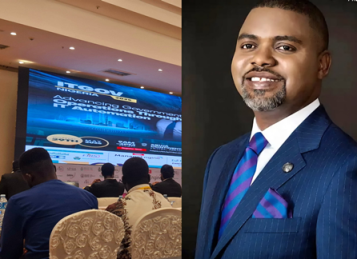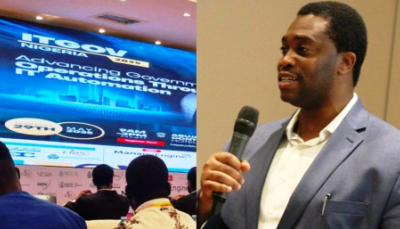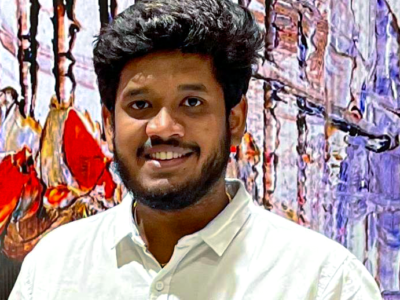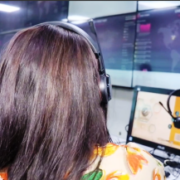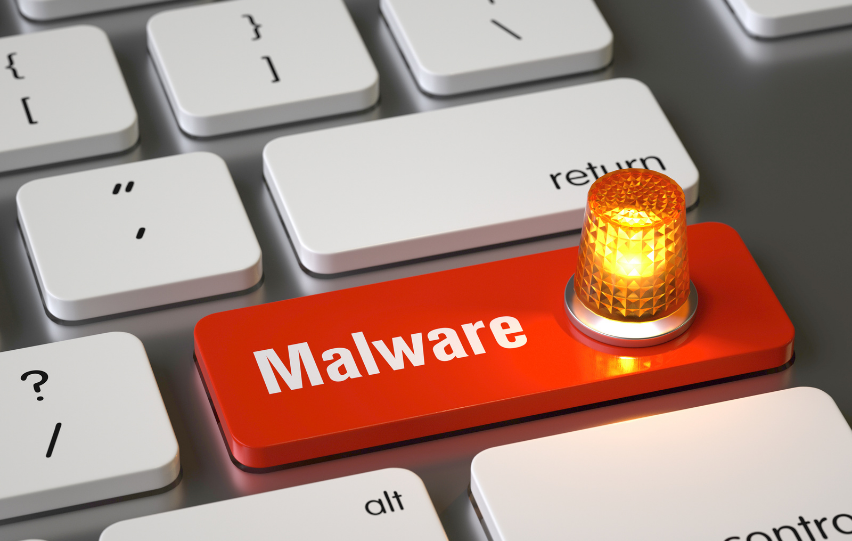Consultant Psychiatrist and a Fellow of the West African College of Physicians, Dr. Margaret Uddin-Ojeahere, says digital technology has helped in the management of mental health practice and helped to create awareness about improving how people accept mental health conditions. But there is still much more that technology and awareness creation can do to manage the entire spectrum of mental healthcare including emotional well-being, cognitive functioning, social connections, and overall psychological resilience. The challenges of tech on mental health are on the rise as digital enablement becomes a way of life for millions of people. For instance, ‘infobesity,’ an overload of information and systematic inability to filter info-consumption online in order to maintain mental balance is increasingly becoming a norm of digital existence. Uddin-Ojeahere, a mental health advocate, works at the Jos University Teaching Hospital (JUTH). She shared insights with Tracy Yekaghe of IT Edge News.Africa.
Could you share your own perspective on the impact of technology on mental health?
Looking at it broadly, technology in our present day and age is something we have to embrace. Increasingly, our world revolves around technology making it impossible to exclude the demands of our daily living from this reality. Nevertheless, it can have both adverse and positive effects on one’s mental health.
It is no longer news that increasing engagement on the different social media platforms and prolonged screen time can lead to negative consequences on people’s mental health in diverse ways such as sleep disturbances, exposure to cyber bullying, viewing people’s glamorous lives on certain apps, especially considering the fact that most people share admirable events or parts of their lives and rarely post the negatives. These can result in feelings of inadequacies, low self-esteem and rejection to mention a few and may lead to mental health conditions such as anxiety, depression, addictions, substance use disorders, and suicide at the extreme.
There is also the risk of “infobesity which has a lot to do with excessive consumption and overload of information in today’s digital age that can lead to the mental breakdown of that individual particularly if the person has traits of being easily overwhelmed and anxious. So it is important that people are deliberate in filtering and regulating what they consume or are exposed to.
On the flip side, technology has helped mental health practice in advocacy, creating awareness about mental health conditions, improving how people accept mental health conditions. Before now, mental conditions were considered a punishment for misdemeanours, curses from gods or having supernatural aetiology. Not forgetting, how stigmatized people with mental health conditions were in our society and in some instances ostracized. But with advancing technology, there is a paradigm shift and better acceptance.
Technology has also improved the delivery of mental health care from screening, identifying, diagnosing, and management of people with mental health conditions. One area which technology is playing a vital role is tele psychiatry which is increasingly being accepted as an important means of delivering mental health care especially during and in the aftermath of COVID19. It has helped in the treatment of hard to reach patients and has yielded good results.
There are other useful apps that can help users de-stress and some that can guide users to appropriate helplines/centres. In addition, technology has aided the dissemination of information, monitoring and evaluation, training, education and research in the field of mental health.
Do you have a word of caution as regards technology and its impact on mental health?
There are a number of things that we can use technology for. But in my opinion, I think an important word of caution is that of moderation and regulation, especially in the development and usage of apps and technological devices.
It is important to have in mind the consequences (on mental health and other spheres of life) during the creation process so we do not develop what would eventually destroy us.
There is also the risk of “infobesity which has a lot to do with excessive consumption and overload of information in today’s digital age that can lead to the mental breakdown of that individual.
Could you share some recommendations in line with how the negative impact of technology can be reduced to the barest minimum?
I think it is for us to be informed and educated about these things. Let’s know more about it.
An example is cutting down on screen time for instance; not everyone might be aware that blue light from their electronic devices can affect their sleep to the extent of disturbing their sleep cycle and may lead to sleep disorders or forms of mental health conditions.
Hence, there is a need for awareness to help more people stay guided on best usage practices.
We also need to understand and be informed about the age limits attached to the usage of certain gadgets which would require the need for supervision and promotion of usage by critical stakeholders such as parents, schools and others where applicable.
What would be your counsel to those who mostly leverage technology for necessities or gainful activities such as work and businesses?
I must state that technology is indeed necessary and something we need to embrace, we cannot throw away the baby and the bathwater. No! It is something that is beneficial for our daily livelihood.
However, we just need to understand our weaknesses and our strengths so we are aware of those times we might need to either pause or have some timeout or step back in order to maintain or improve not just our mental health but our overall health and wellbeing.
Tele psychiatry … is increasingly being accepted as an important means of delivering mental health care especially during and in the aftermath of COVID19. It has helped in the treatment of hard to reach patients and has yielded good results.
Would you encourage the usage of latest technological tools to drastically reduce human efforts used to get work done for the sake of sustaining mental health?
Absolutely! I am not against technology as it has made life very easy for me and many others working within my field of expertise. For instance, here in Nigeria I can manage a patient in the United States of America or Sudan or Mangu and many other locations outside of my current environment.
I will therefore encourage that we educate ourselves and get to know the most recent technologies available that may be easier to use, more user friendly and with less complications or adverse effects.
This is because it is important to ensure that it does not harm us more than it helps us.





